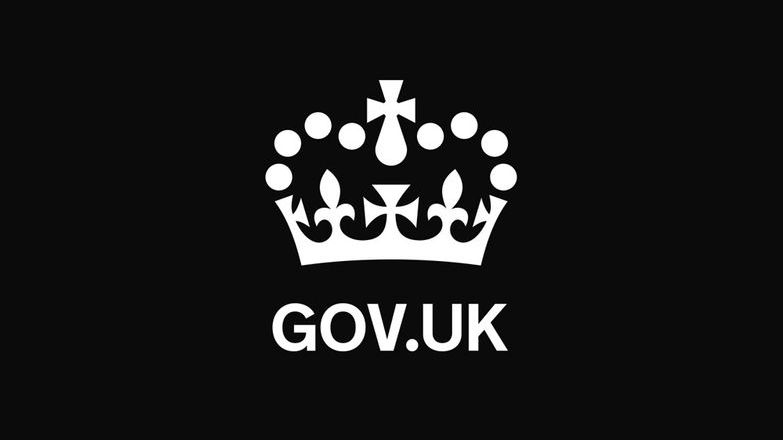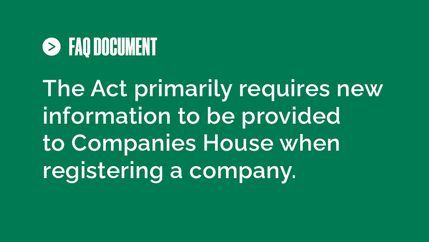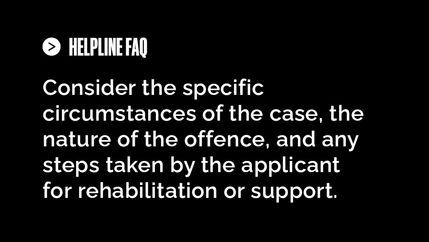
It features up to date case studies with lessons learned – including the Somerset estate agents price-fixing cartel case. It also shines a light on accountability, highlighting that it is the responsibility of directors to ensure their companies are compliant and there can be serious personal consequences for those who don’t.
The edition comes as the CMA secured its 20th disqualification of a company director in the past four years. One of the most recent examples involved the director of an estate agent who has been prevented by court order from being a director of any UK company for seven years. This was due to his contribution to an illegal arrangement in which six estate agents in Somerset agreed to fix a minimum commission rate of 1.5 per cent for residential estate agency services.
As well as imposing fines on companies for breaking competition law, the CMA is increasingly using its power to seek the disqualification of directors. This reflects a toughening of the CMA’s approach to competition law enforcement over the past year.
Cheating or Competing?
Alongside the new risk guide, the CMA has a ‘Cheating or Competing?’ campaign page which includes advice on how to recognise, mitigate, and report anti-competitive business practices.
Being educated about competition law is important. If you are found to have fallen foul of the law, you and your business could face:
- fines for businesses up to 10 per cent of annual global turnover
- disqualification for directors
- reputational damage
- being pursued for damages from other businesses/customers
- personal fines for individuals and in the most serious criminal cases, prison
Don’t risk the consequences – check your business practices and come forward if you think you have been involved in, or seen, anything illegal. If you’re the first to report something you were involved in, you may be able to get leniency.
Always seek independent legal advice if you think you could be at risk of breaking the law.
Questions to ask when assessing risk:
- Do we have a clear compliance programme for competition law and are we communicating this through the business adequately?
- Which activities in our business model are likely to create situations where competition law becomes an issue?
- Do we have a healthy culture in our organisation in respect of risk and speaking up?
- Are staff getting training and access to advice on possible problems?
- When are we next reviewing the effectiveness of our risk mitigation activities/ compliance programme?




